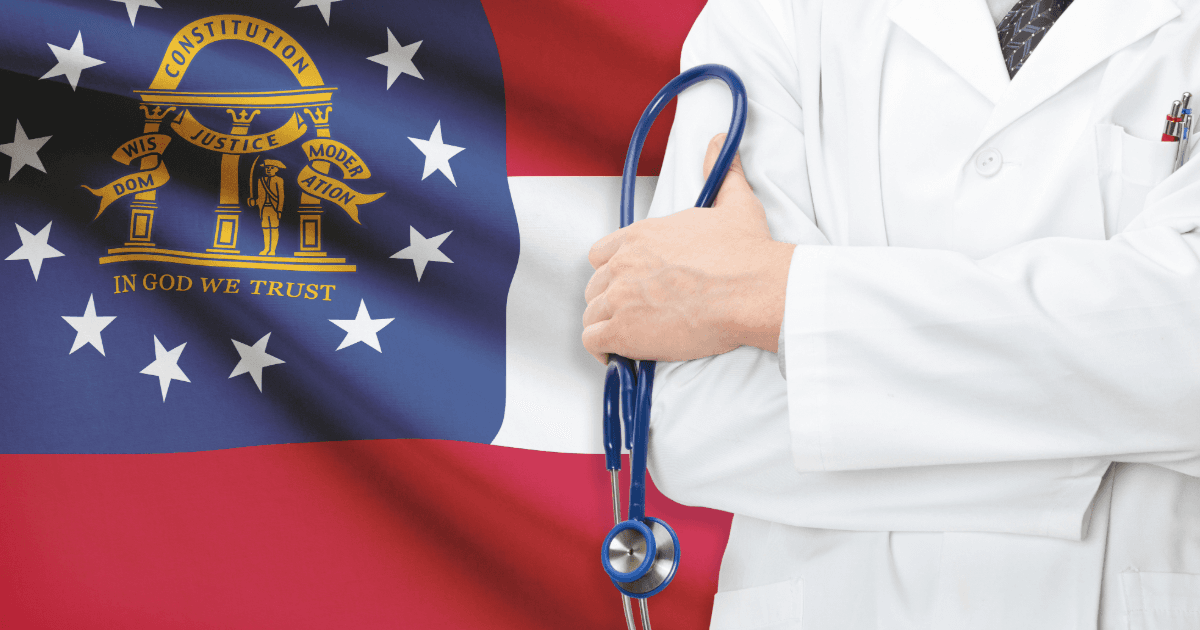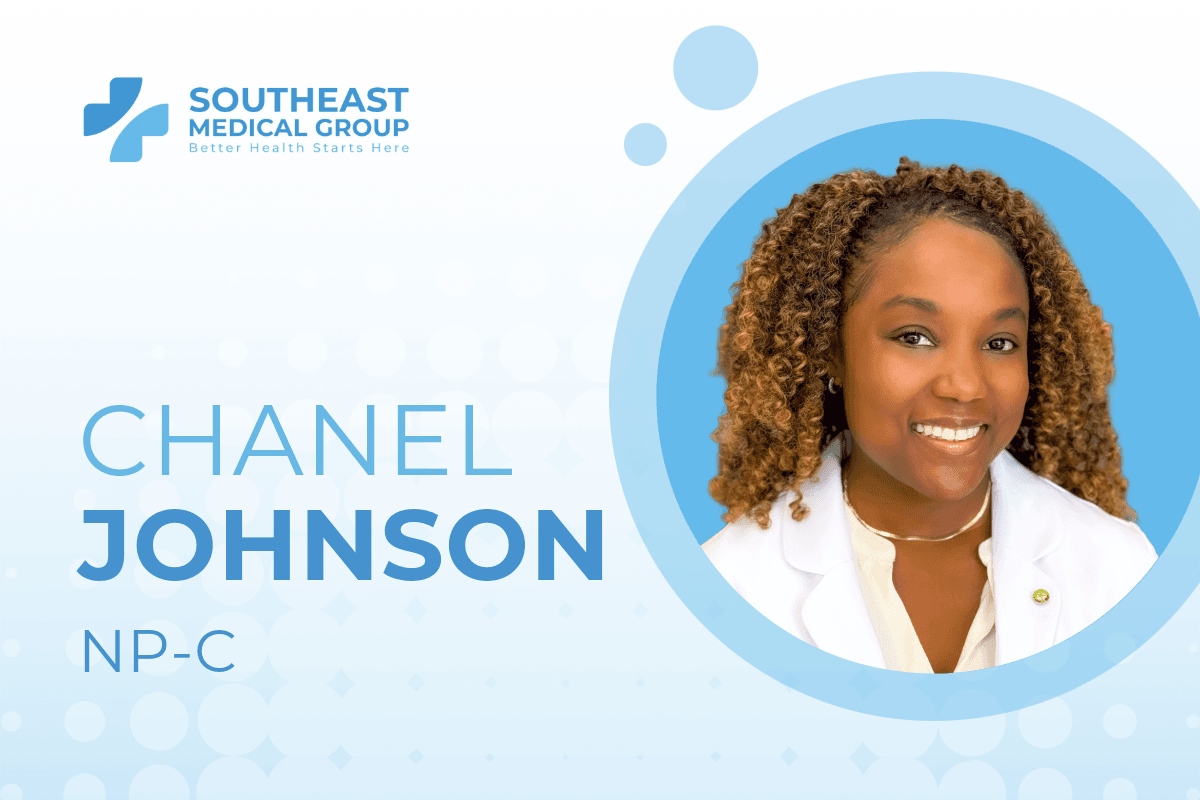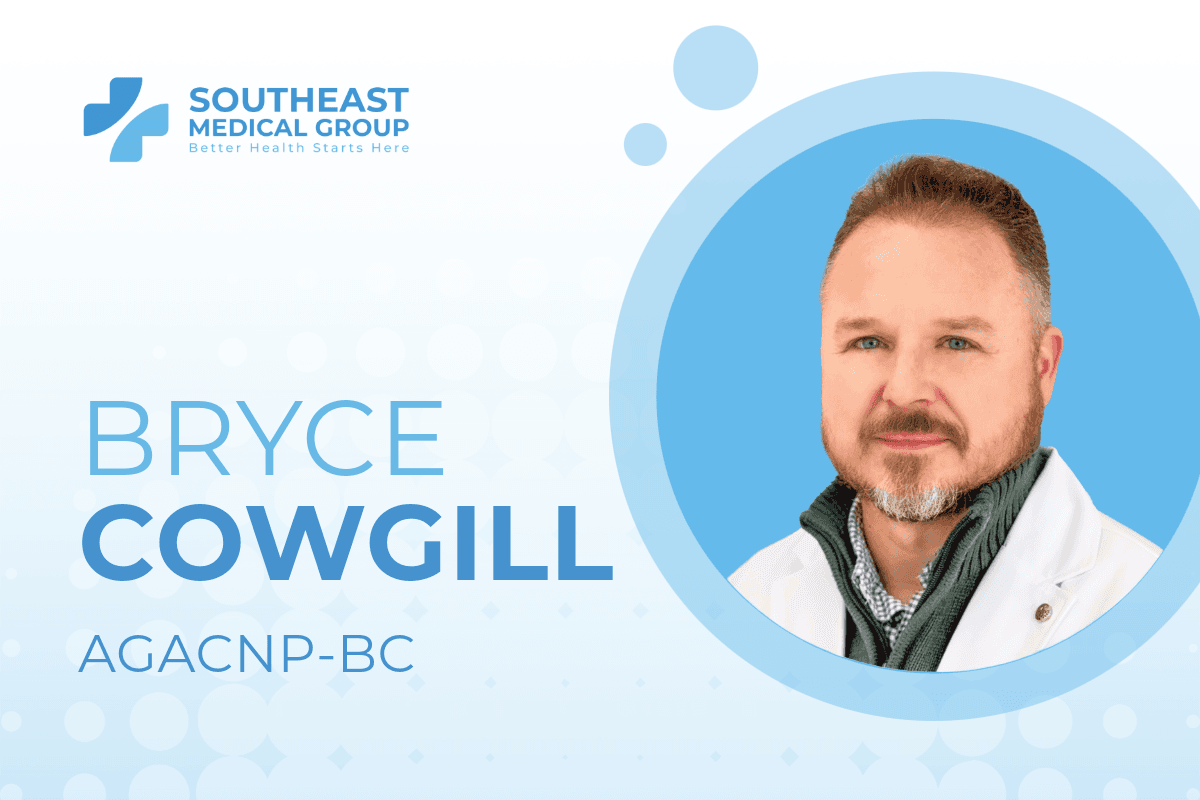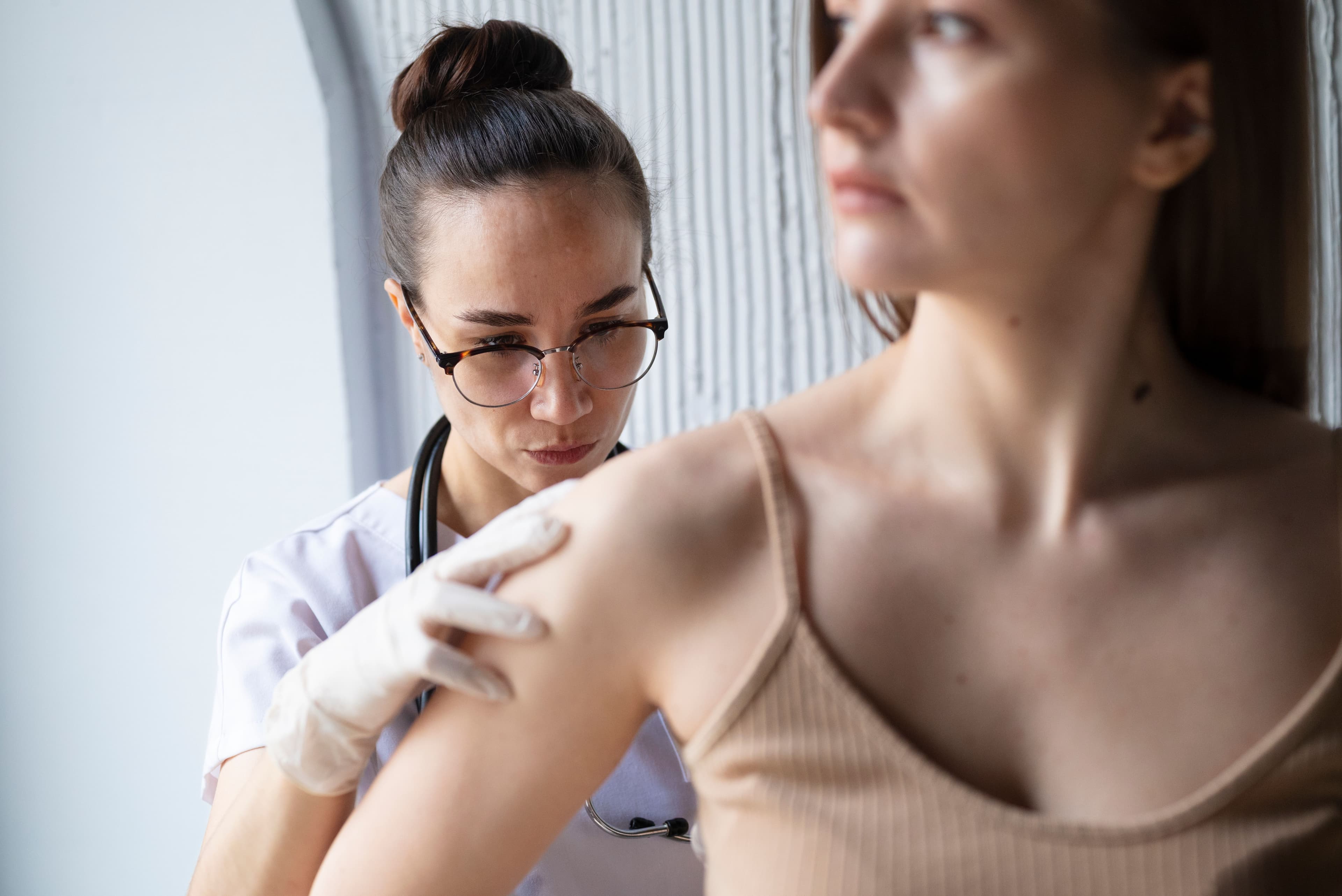Passage of Georgia's SafeHaven: Providing Emotional Support for Georgia's Healthcare Workers

Article written by Dr. John S. Antalis, Dalton Primary Care
On April 30, 2024, Governor Kemp signed House Bill 455, the “Professional Programs to Address Career Fatigue and Wellness in Healthcare Professionals.” I am very proud to have played an active part in the development of this bill, seven years in the making, from the very start.
The origin of this law actually began in 2017 when my colleague, Dr. Keisha Callins, was a Georgia Composite Board member and Chair of the Wellness Committee at the Board. The function of the Committee is to evaluate and follow physicians and extenders who may have issues involving their mental and physical health. Dr. Callins noted increasing evidence that physicians, due to personal and work stress, were quitting often way before their time. There was also an increase in physician suicide. Terms like “burn out” became new phrases to explain the issue. The key difference was that these physicians did not have a substance issue, which would have been referred to the Georgia Physician Health Program, which does an excellent job with these physicians.
This was the year I served as Chairman of the Georgia Composite Board. Dr. Callins and I discussed potential options to address this new problem. I felt the best direction was through the Medical Association of Georgia, which had the resources to bring this issue to light in Georgia. I wrote a resolution that Dr. Callins and I co-sponsored and presented to the MAG HOD in October 2018. A survey at the time of MAG HOD delegates found that nearly 90 percent of delegates believed that “physician burnout is undermining patient care.”
What really gave impetus to this resilience program was the COVID-19 pandemic in 2020. As you can remember, we lost many very qualified and caring physicians to burnout, suicide, and early retirement. It became clear our healthcare workers were overwhelmed and had little or no support to care for the increasingly ill Georgia patients with COVID-19.
Dr. Callins led a MAG’s Physician Resilience Task Force (PRTF), of which I was the Medical Board’s liaison. The PRTF quickly shifted its priorities to developing pandemic recommendations and posting pertinent resources on its web page. The PRTF’s ‘Health Care Workforce Resilience in a Pandemic Fact Sheet’ provided a proactive framework for physicians, healthcare workers, and health systems. It addressed the pandemic stages (i.e., what to expect based on where you are in the pandemic’s timeline), system and practice resilience leadership roles (i.e., who needs to do what during a pandemic), and a R.E.S.C.U.E. checklist (i.e., how to work through a pandemic).
It was at this time that I received a call from my friend and colleague, Dr. Jacqueline Fincher, who was then president of the American College of Physicians. She was aware of our efforts to create support for healthcare workers to prevent burnout during COVID-19. She had been in Virginia and learned about their resilience program, SafeHaven, which had been passed in their legislature and signed by their Governor. Its features include legal protections when addressing issues related to burnout by healthcare workers. It also provided immunity for reporting healthcare workers when there is a legitimate concern that they are a danger to themselves or others, and consultations by SafeHaven participants were considered privileged communications and did not pose a risk to a medical license except in extraordinary circumstances.
After studying and talking to my Virginia colleagues about SafeHaven, I became convinced that Georgia needed its own SafeHaven program. Both the Georgia Composite Board and the Medical Association of Georgia were strongly supportive of legislative action to pass a SafeHaven bill. We were also very grateful to the Georgia legislators who worked to pass the bill in three years.
I would like to thank the members and staff of the Medical Association of Georgia, the Resilience Task Force of physicians and staff that persisted with this idea through some difficult times, the Physicians Foundation, the Virginia SafeHaven program with their expertise, and the MAG Legislative Team that worked with legislators to pass the bill. Now healthcare workers, physicians, PA’s, nurses, and all others in the health field can get emotional help without the stigma of embarrassment and potential job loss.


